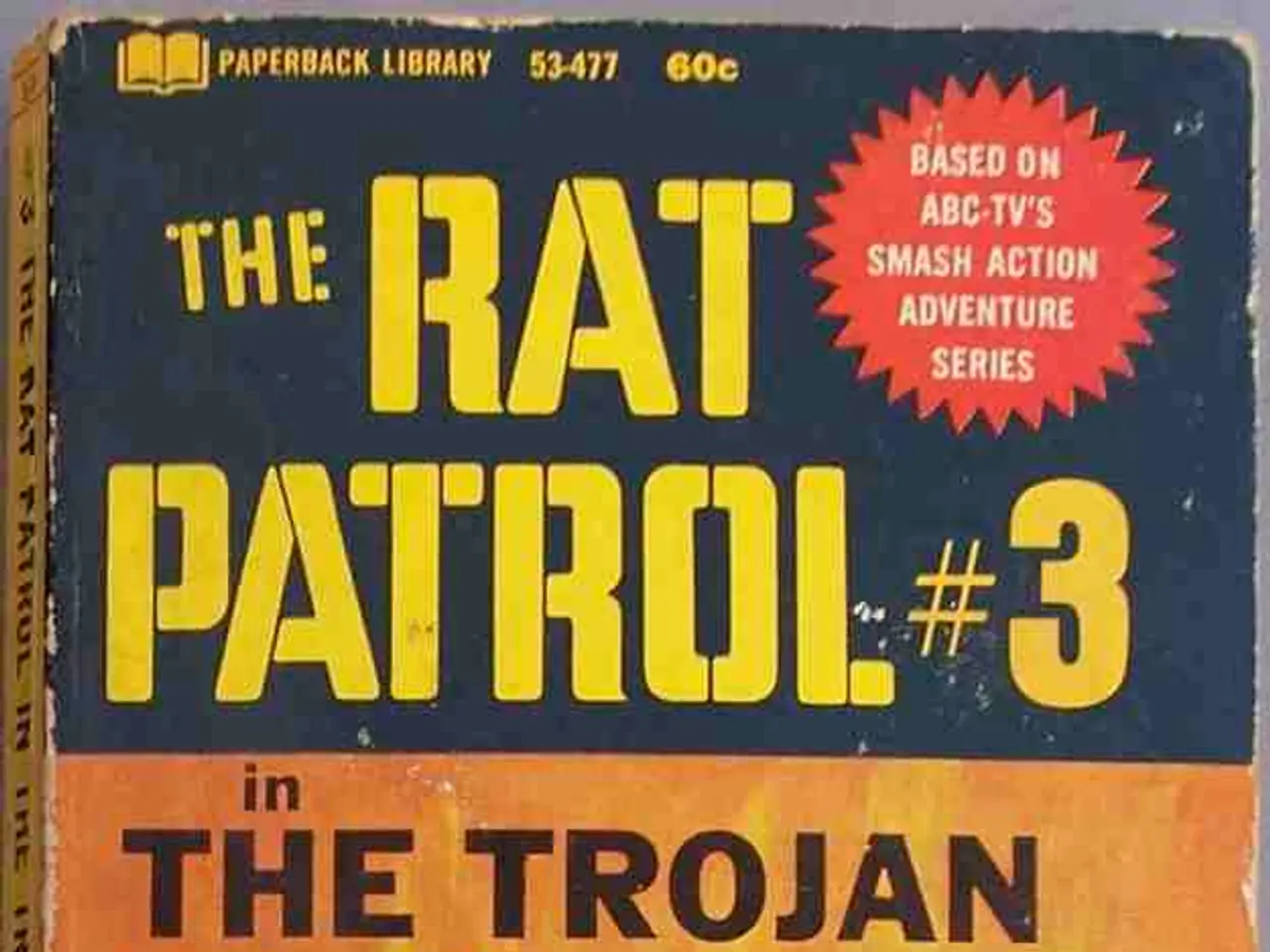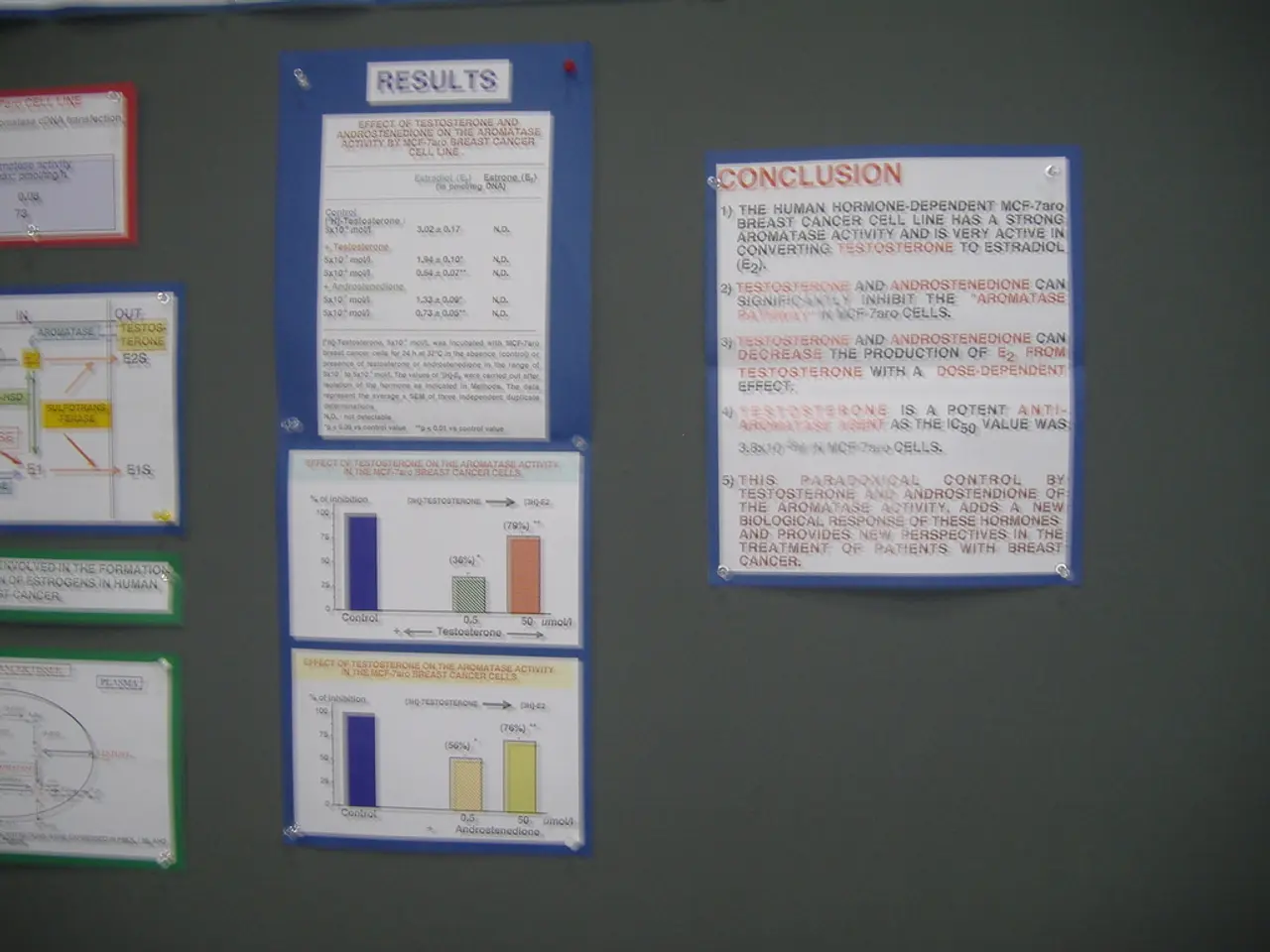Two nuclear submarines directed by Trump to approach Russia's border
In a notable shift from earlier claims of a close relationship, the relationship between U.S. President Donald Trump and Russian President Vladimir Putin has deteriorated significantly in 2025. This escalation has been marked by increased tensions and direct confrontations, most recently with the U.S. positioning two nuclear submarines near Russia.
The move, signaling a strong U.S. military posture, comes in response to provocative statements by Dmitry Medvedev, a hardline figure and Putin's deputy chairman of the Security Council. Trump's decision was a clear show of force, aimed at sending a message to Russia about the U.S.'s readiness to respond.
This escalation in the ongoing Ukraine conflict has strained the relationship between the two leaders. Trump has threatened tariffs and sanctions on Russia, linked to its war continuation, and has been pressured by Congress and advisors to maintain firm support for Ukraine through military aid.
Moscow has shown no indication of agreeing to Trump's demands regarding the ceasefire in Ukraine. In response, Trump warned Russia on Tuesday to agree to a ceasefire or face tariffs and potential oil sanctions.
The diplomatic row between the two leaders has included public disputes, with Medvedev framing Trump’s threats as steps toward conflict with the U.S. itself. In a social media post, Trump mentioned the potential unintended consequences of Medvedev's statements.
In a bid for diplomatic resolution, Trump's special envoy Steve Witkoff was slated to travel to Russia for talks. However, there is skepticism about the effectiveness of measures targeting Russia’s fossil fuel revenue, as major buyers like China and India remain challenging to sanction without risking broader diplomatic fallout.
Dmitry Medvedev, who served as Russia's president from 2008 to 2012, has become known for his provocative and inflammatory statements since Moscow invaded Ukraine in 2022. In response to Trump's threat of hitting Russia and its oil buyers with punitive tariffs, Medvedev described it as a "game of ultimatums" and a step towards war.
Reminding Trump of Russia's possession of a Soviet-era automated nuclear retaliatory system, Medvedev's statements have added to the tension between the two leaders. Trump, when asked about moving the submarines, replied that it was necessary due to a perceived threat.
In summary, after earlier claims of closeness, Trump-Putin relations have experienced significant strain, with the current status involving increased U.S. military readiness near Russia, diplomatic tensions, and the threat of sanctions. This reflects a highly adversarial phase rather than cooperation, signaling a potentially dangerous escalation in geopolitical relations.
- The escalation in geopolitical relations between the U.S. and Russia, marked by increased military readiness and diplomatic tensions, has been largely attributed to the ongoing Ukraine conflict.
- In response to Russia's continued involvement in the Ukraine war, President Trump has threatened tariffs and sanctions on Russia,warning that Moscow must agree to a ceasefire or face potential oil sanctions.
- The deteriorating relationship between President Trump and President Putin has been fraught with public disputes, with political figures like Dmitry Medvedev describing Trump's threats as steps towards war and a "game of ultimatums".







